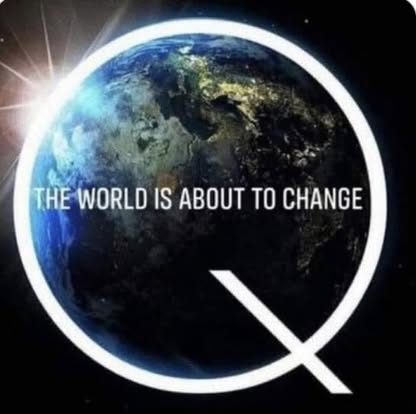
When the Department of Justice finds evidence of crime by a politician, its Public Integrity section is required to approve the prosecution. The extra step, the theory goes, is to ensure that political appointees don’t go after their rivals in the courts in politically motivated prosecutions.
It’s essentially a codification of the old norm that political fights should happen at the ballot box, but what goes on in court should be about justice, not politics. After he was charged with scores of felonies following his departure from office, it’s not hard to imagine what President Donald Trump thinks of the strength of this norm. That is, perhaps, why Attorney General Pam Bondi is said to be considering doing away with the internal DOJ requirement of a Public Integrity review altogether.
Mainstream press coverage suggests that this part of the DOJ manual is a thread holding the republic together. In reality, that thread was cut years ago when Trump’s opponents decided that they would stop at nothing to defeat him. Politically motivated prosecutions are the industry standard now. All Trump and Bondi would do is stop pretending.
It’s true that some of the most egregious cases against Trump did not originate from within the federal government. There was the absurd case against him from Manhattan district attorney Alvin Bragg that charged 34 felonies for falsifying corporate documents in a fact pattern that had never before led to such charges. New York’s state attorney general, Letitia James, charged Trump with civil fraud for exaggerating the value of real estate in order to get a loan — a crime that, if charged against everyone who committed it, would see every New York landowner in prison. The Georgia RICO case and the attempts to keep Trump off the ballot in Colorado were also politically motivated — and also fell apart pretty quickly.
But the lawfare was federal, too. The long-running prosecution of Trump for his attempts to challenge the 2020 election results was a special counsel’s effort to use the courts to solve what the political process had already fixed. Trump’s efforts failed, he was impeached for it (though not convicted), and he left office — a political question that had been answered. All that came after was Democrats wanting a second bite at the apple — and the Public Integrity section had no problem with it.
Likewise, the case against Trump for keeping classified documents after he left the White House may have been correct on the facts, but it was never prosecuted with such zeal against any other former officeholder. A DOJ special counsel found that Joe Biden had done the same thing, yet declined to prosecute — just as previous DOJ officials have done. And keeping the documents was no innocent mistake, as Biden partisans claimed at the time; the DOJ found records of Biden and his ghostwriter discussing the matter in 2017, when the writer told the ex-VP on tape: “I just found all the classified stuff downstairs.” They kept that material for years afterwards, knowing what it was. Biden wasn’t prosecuted. Trump was.
To Trump, this Public Integrity review must seem like little more than an establishment charade. Democrats came after him, and now he’ll do the same. It certainly fits Trump’s historical practice of ignoring conventions and doing as he wishes.
It would be better, though, if at least one of these parties tried to reestablish norms instead of degrading them. After the Democrats escalated this battle, it would take a considerable measure of self-restraint for Republicans not to do likewise, but that kind of restraint is exactly what the republic requires. Trump’s reaction is not unexpected, but we should still hope for better.




